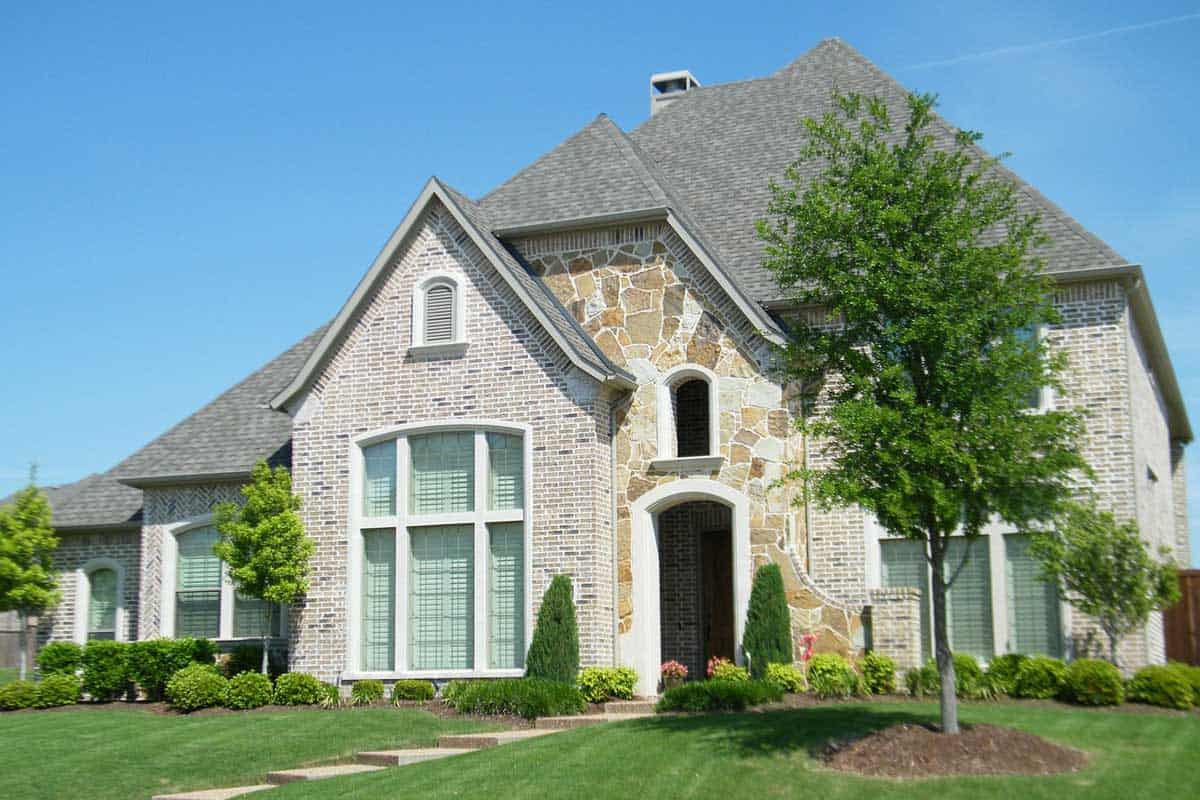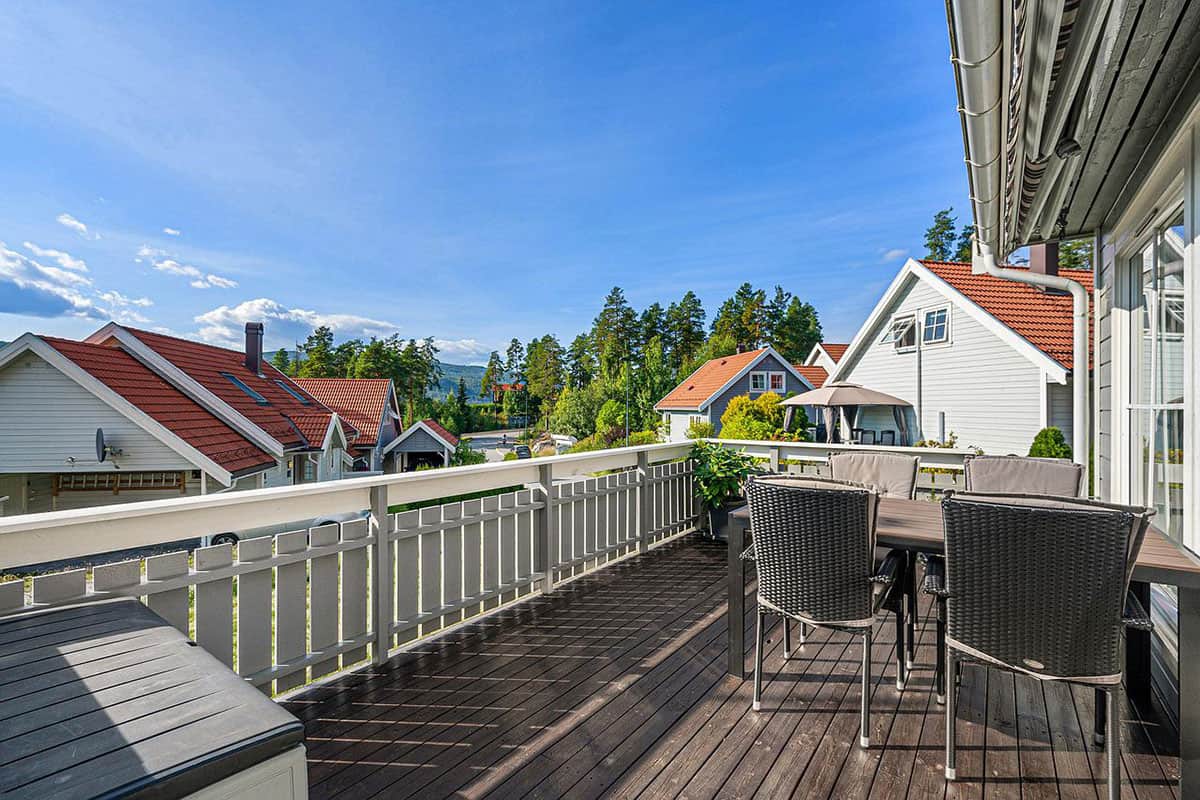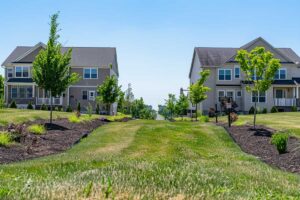This page may contain affiliate links. If you click and buy, we might get a small commission at no cost to you.
One question that property owners often wonder is if they own the airspace above your house. While the question is a common one, the answer to it isn’t easy to define. This is because the airspace above your property is technically controlled by the FFA. However, you as the property owner do have some right to control that space.
When you also take into consideration that some state laws conflict with what the FFA says, you start to understand why the whole mess has left citizens scratching their heads.
Key Takeaways:
- The FFA regulates and makes the decisions about all airspace in the United States, including the space above your land.
- Property owners do have the right of access to airspace, but there are currently no federal laws against flying a drone over private property.
- The laws for how much airspace a property owner has rights to, as well as what can occur in that space, are undergoing changes to consider the use of drones in that space.
Do you own the airspace above your house?
The short answer is that the United States government owns the airspace above your house. However, the full answer is much more complicated. You, as a United States citizen, have a right to use that airspace in a reasonable manner, but those rights do not trump what the federal government decides.
The FAA regulates the airspace above your home.
The Federal Aviation Administration (FAA) is the sole government authority that regulates the area in and below “navigable airspace”, which includes the area above your home.
They are the ones who decide the rules and requirements for that airspace use. With that said, however, United States citizens do have a public right of transit through that “navigable airspace.” But the exact height at which the public has a right of transit is a much debated topic that can leave citizens confused and frustrated.
What is navigable airspace?
According to the Federal Aviation Administration, navigable airspace is the airspace at or above the minimum altitude of flight. This includes any airspace that is needed for aircrafts to takeoff and land safely.
Property owners have the right to use the airspace above their home.
The right to use the air space above your land is extended only to what the government has stated as “such height as is necessary for the ordinary use and enjoyment of his land.”
In the United States, the federal government states that in non-congested areas, the area above 500 feet is navigable airspace. Which means you have the right to use up to that height on your property.

However, to make things even more complicated, the Supreme Court hasn’t accepted that height as the limit to property, which means there is currently no exact height for private airspace. In most cases, private airspace generally ends from 80 to 500 feet from the ground.
Keep in mind, however, that all this could change, since the federal government has considered lowering private airspace to below 500 feet so that unmanned drones have a right to fly in that space.
Can someone trespass into the airspace above my home?
Despite the airspace being controlled by the federal government, property owners do have some rights when it comes to the airspace above their home. Although the FAA has complete power over that space and can “overrule” the property owner’s control.
In most cases, aircrafts, including drones, are not allowed to fly below the flight level. This especially holds true if they do so without the permission of the FAA. If they do, however, you may be able to file a lawsuit against the offending party.
That doesn’t necessarily mean you will prevail in court, since the FAA can grant anyone at anytime the right to fly within or below the airspace above your home.
Can someone fly a drone over my property?
Drones have made the whole issue of airspace rights even more complicated. Primarily because they are used for business, personal, and emergency use. There are also currently no federal laws preventing someone from flying a drone over personal property.
Some local and state laws, however, have restricted the use of drones over private property. If you plan on flying a drone over someone’s property, make sure to first check the local regulations and laws in your area.
Can I shoot a drone flying over my property?
While it may be tempting to shoot at the drone flying over your private property, you could find yourself in a heap of trouble. Shooting a drone could result in a federal crime charge, as well as other local or state charges.
This can result in a hefty fine, jail time, and even confiscation of your firearms. Instead, contact your local police department if a nuisance drone is interfering with the enjoyment of your property.
Conclusion
The answer to whether or not you own the airspace above your house is a tricky one that has a lot of stipulations. Furthermore, the rules and regulations are constantly changing and trying to catchup with today’s technology.
If you feel that your private airspace is being misused or you are being harassed by drones, the best option is to reach out to the police department to file a report. They can also help determine if what you are dealing with is a criminal or civil matter. Then you can decide the next course of action.
On the flipside of this topic, have you ever wondered how deep you can dig in your backyard?



